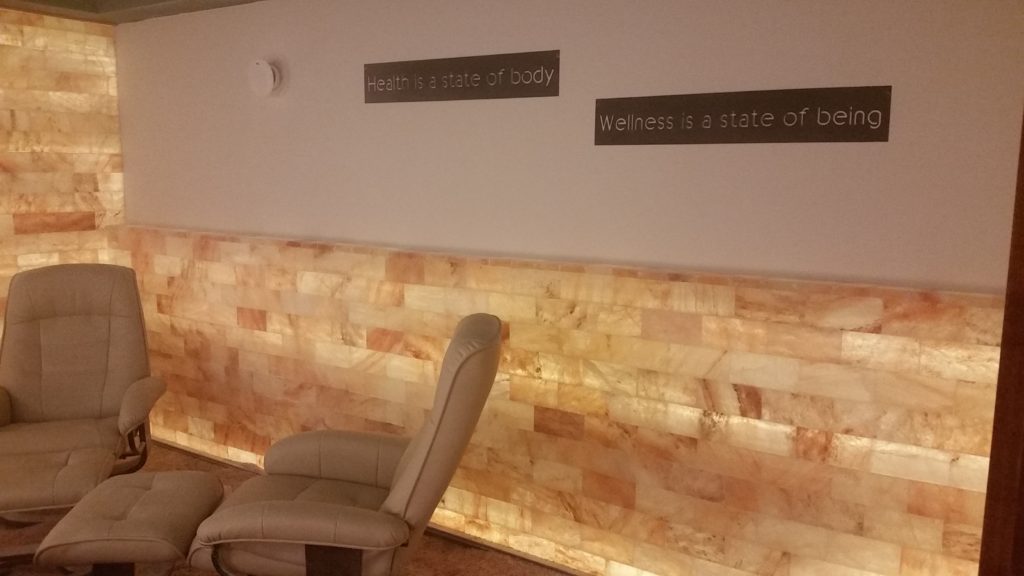If you don’t, who will?
Take time during the next few weeks to reflect, rest, and re-energize. Instead of running on a deficit, you’ll have the strength to find the joy with your loved one. This will be good for the two of you!
Fourteen years ago, I wrote, How do we balance responsibilities while taking care of ourselves? A lot has changed in my life since that article, nearly 14 years ago. My hours are spread across work, volunteering, and fun—activities I consider more rewarding than major home repair (new roof), shopping for a new car, and juggling volunteer activities for my community while working with a team to redesign TheCaregiversVoice.com website.
Today, I feel greater freedom to create and live life by my own terms—untethered from home ownership and an ex-husband.
I enjoy companionship with friends who have become my family of choice, semi-retirement, and volunteering with unconditionally inclusive people who express their gratitude.
As I get ready for another tw0-week deployment with the Red Cross, either in Tennessee or Florida, I will be working six 12-hour days helping families whose lives have been upended by a tornado or who are still living in shelters after a hurricane. One day off and two days travel to and from. Is it hard work?
Is caregiving hard work?
YES!
Volunteers do get exhausted! Like caregiving, we give physically, mentally, emotionally, and even spiritually until there is nothing left. Yet, as we know, volunteering and caregiving are immensely rewarding. We are significantly impacting the lives of fellow human beings (and sometimes their animal babies) who need us at this time in their lives.
Find Balance in Your Life
To serve fully, we must find the balance in our lives between work and play.
 This is where you need to figure out what you need to recharge. While presenting at three caregiving conferences within a week’s time, I visited this Himalayan salt room to rejuvenate.
This is where you need to figure out what you need to recharge. While presenting at three caregiving conferences within a week’s time, I visited this Himalayan salt room to rejuvenate.
Some of us need to get away to a peaceful tranquil place in the sun. Some need time in their workshop to tear something apart and rebuild it or to tend to a garden. Others need a few hours undisturbed with a good book or an hour soaking in the tub with scented candles.
Whatever it is, we humans need a change of pace to recenter ourselves.
Find the Grey Areas
Let Go of the All-or-Nothing Mentality
Sometimes, we get this mistaken belief that if we can’t do it all, we won’t do it. Whatever happened to doing a little? If you can’t get away for a three-day extended weekend, get away for one afternoon. Do something for yourself. You’ll be surprised how good you’ll feel just doing something different.
If you feel a tinge guilty, you’ve done well for yourself! Feeling guilty means you’ve regained some lost energy and you’re ready to take charge. That’s a good sign of recovery!
Take Stock of Your Body
Last year, American Society on Aging published This Body of Mine by Marie Eaton, PhD, community champion for the Palliative Care Institute in Bellingham, Washington. Here are the first two stanzas and last of her poem:
Body, for all the gripes I have
about stiffness and pain,
I should be grateful for all you have given me.
We’ve had a pretty good run,
you and I, and although
I might wish for flexibility,
…
As much as I complain,
I can’t get along without you.
And Robin Porter author of The Complete Caregiver’s Organizer: Your Guide to Caring for Yourself While Caring for Others asks in Chapter 5 on Nutrition and Exercise, “If you don’t take care of your body, where are you going to live?” While Porter notes the quote source is unknown and much of the Internet agrees, a dig deeper yields, Kobi Yamada.
Sometimes, it’s best to reach out and ask for help. Whether in a support group or through therapy.
A caregiver gives herself a gift of therapy.
Sometimes a gift is a necessity for better mental health. Caregiver advises on accepting “gift of therapy.”
Up to 70% of caregivers of people with dementia have symptoms of depression, and Myrna Marofsky, author of the book To the Last Dance: A Partner’s Story of Living and Loving Through Dementia, became stressed and overwhelmed after her husband’s diagnosis. Marofsky took time to find a therapist, who helped her “sort out what was important vs. urgent, problem solve, and clarify my random thoughts about my new role as a care partner and about my family interactions at that time,” and this “gift of therapy” nurtured her each week for five years.
And again, as I noted toward the end of the January 2010 article on balance, if you work hard (which you do if you’re a caregiver) be sure to play hard. You deserve it!









Pingback: Have You Tested Your Own Emergency Response System? Part I